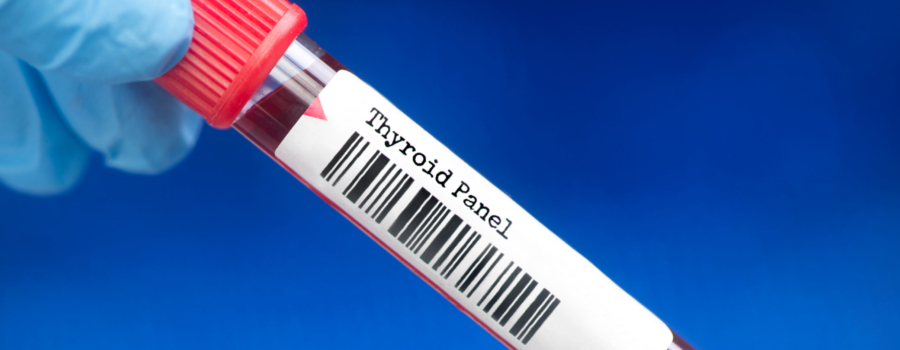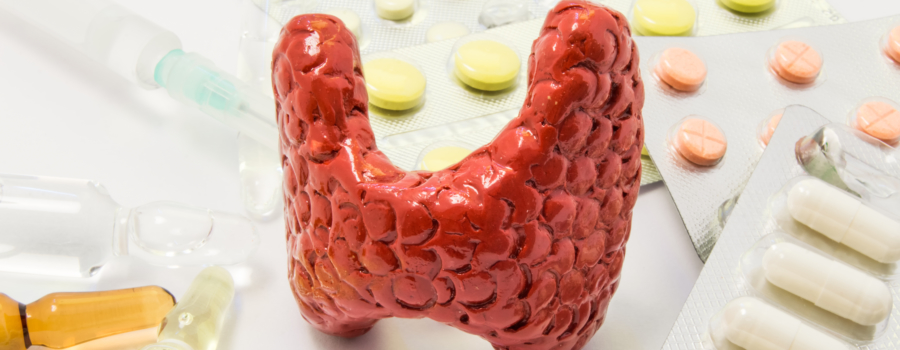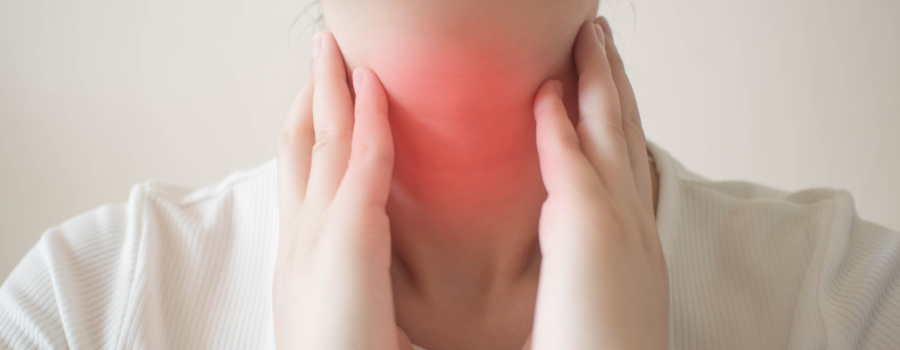A recent study from the Yale School of Public Health found that radiation from mobile phones may be related to a higher risk of thyroid malignancy among individuals with specific gene varieties. The specialists analyzed…
The thyroid gland is prompted to release thyroid hormones into the blood by thyroid stimulating hormone (TSH). When the thyroid doesn’t respond properly, you may develop either hypothyroidism (underactive thyroid) or hyperthyroidism (overactive thyroid). Risks…
With the COVID-19 outbreak dominating today’s news cycle, we sat down with TVC Medical Director Igor Priven, MD to discuss how the pandemic is affecting the thyroid community (both patients and providers), including how care…
According to a Community based study, Thyroid dysfunction is more common among people diagnosed with Diabetes, regardless of type (Type 1 or 2) than it is for the general population. It is suggested that routine/repeat…
With the World Health Organization now classifying the current Covid-19 outbreak as a pandemic, health care systems around the world are implementing new policies, restrictions, and preparedness plans. Amongst the flurry of activity, new methods of…
The term “hyperthyroidism” is a form of thyrotoxicosis due to inappropriately high synthesis and secretion of thyroid hormone(s) by the thyroid. The severity of signs and symptoms may be related to the duration of the…
The term “goiter” simply refers to an abnormally sized thyroid gland or the presence of more than one nodule within the thyroid gland of a normal size (called multinodular goiter). It is important to know…
Can I take a natural supplement to treat my thyroid disease? It is most important to note that there is no special diet or vitamin that treats thyroid disease. Supplements do not have to be…
Does it really matter? When taking either Synthroid or Levothyroxine, the goal is to achieve consistency and avoid fluctuations in thyroid hormone levels (and variable control of symptoms). The best way to achieve consistency is to keep…
Could it be my thyroid? The most common cause of postpartum thyroid dysfunction is postpartum thyroiditis, which affects up to 17% of women. Postpartum thyroiditis is defined as abnormal thyroid function within the first 12…










